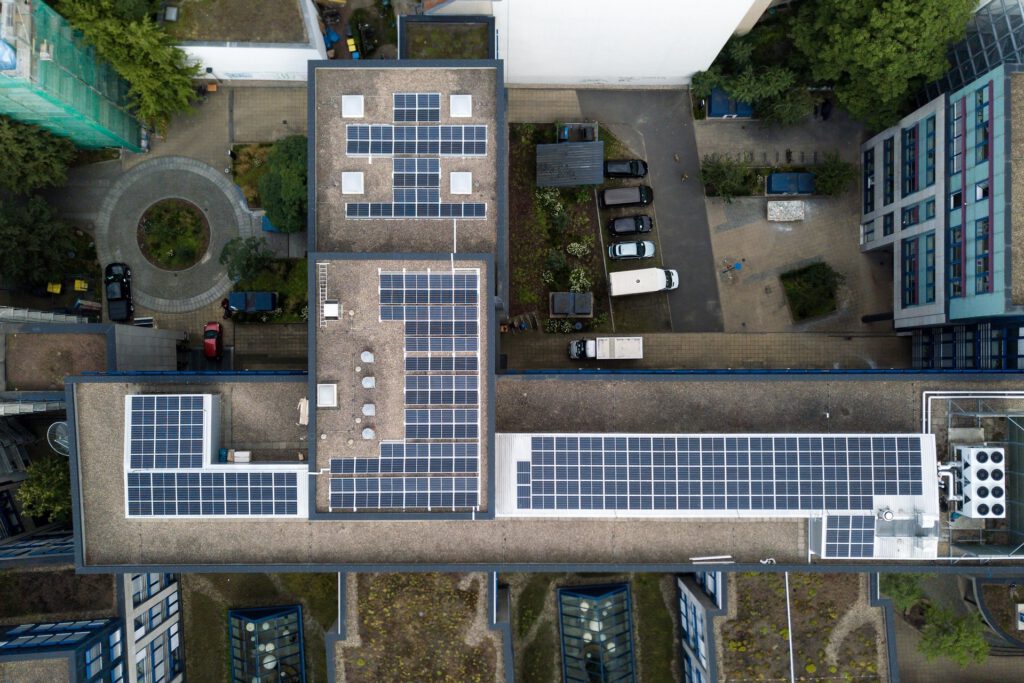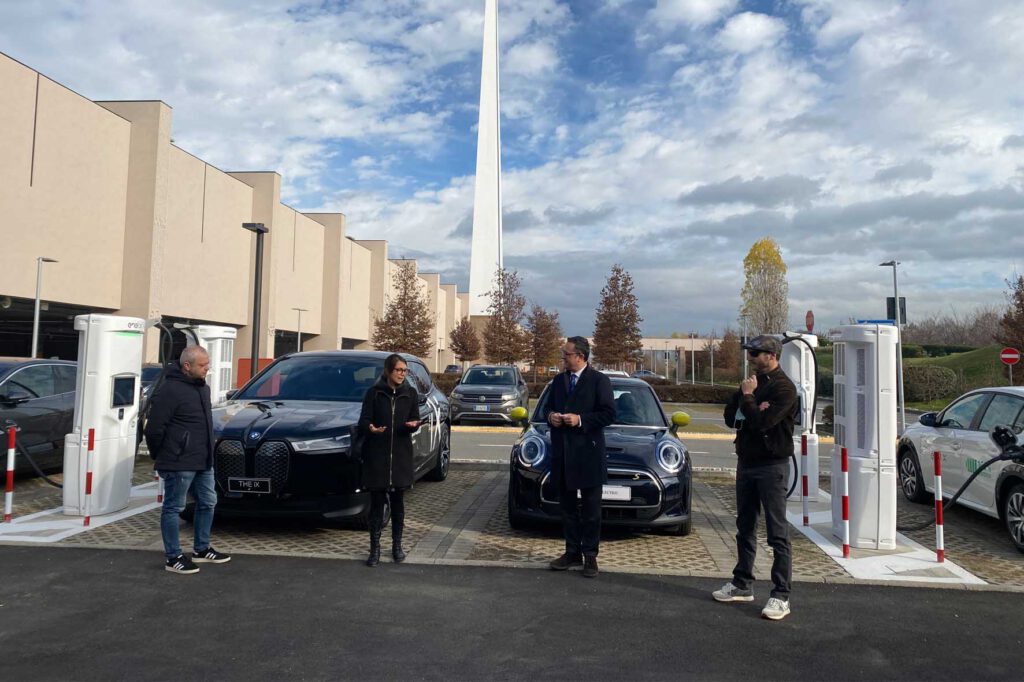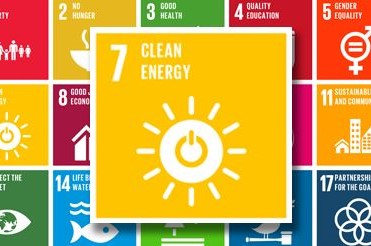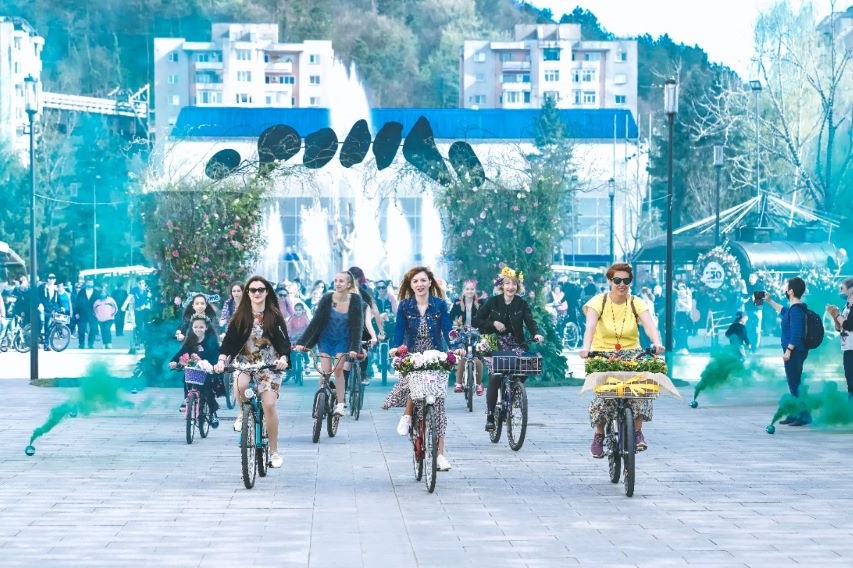
SIMPLY POSITIVE supports the emergence of Positive Energy Districts and the transition to Climate Neutral Cities. On the example of four focus districts from different European Countries we will establish and test strategies how to tackle the necessary energy transition. We will analyze different areas which were selected as important by the focus districts:
· Photo voltaic solar panels (PV) maximization,
· integration of electric vehicles in mobility concepts and usage as energy storage,
· usage patterns to increase energy efficiency and
· common climate and energy action plans.
Based on a common Positive energy district definition framework for existing urban districts we will show how to best monitor and visualize achieved results. Fitting participation concepts shall ensure active stakeholder participation and motivate further cities to join the pathway towards reaching 1000s of Positive Energy Districts and Positive Energy Neighborhoods all over Europe.
Key facts
Start of the project: January 2023
End of the project: December 2024
Project type: Applied Research
Goals
Develop innovative strategies, concepts, and guidelines to increase the participation level of municipalities and cities to foster the creation of Positive Energy Districts and Positive Energy Neighborhoods:
· focus on existing urban strategies for clean energy maximization
· create a standardized energy balance calculation process based on available data
· monitoring system to see, qualify and verify actions
- evaluate participation strategies based on impact and acceptance.
Methods
In this project we will develop a SIMPLY POSITIVE PED framework for re-designing existing urban areas. The methodology on hand is the orientation on best practices and guiding principles of net zero city transition processes coming from the covenant of mayors for climate and energy. SIMPLY POSITIVE will further focus on tangible and distinct innovative strategies to support municipalities on their way towards energy autarky:
Urban PV Maximization


Local RES as support for e-mobility
Embedding Climate Action Targets in City Policies


Reducing Energy and Carbon Footprint through Behavioral Change
Next to the innovative strategies and guidelines SIMPLY POSITIVE focuses on the easy application of these actions through participation strategies and stakeholder involvement on the one hand, and practicable and simple monitoring tools with good visualisation of reached achievements on the other hand. The comprehensive approach of the project ensures ideal support for innovative and ambitious cities and municipalities – allowing them to being SIMPLY POSITIVE.

© 2023 by Sonnenplatz Großschönau GmbH. Developed with WordPress